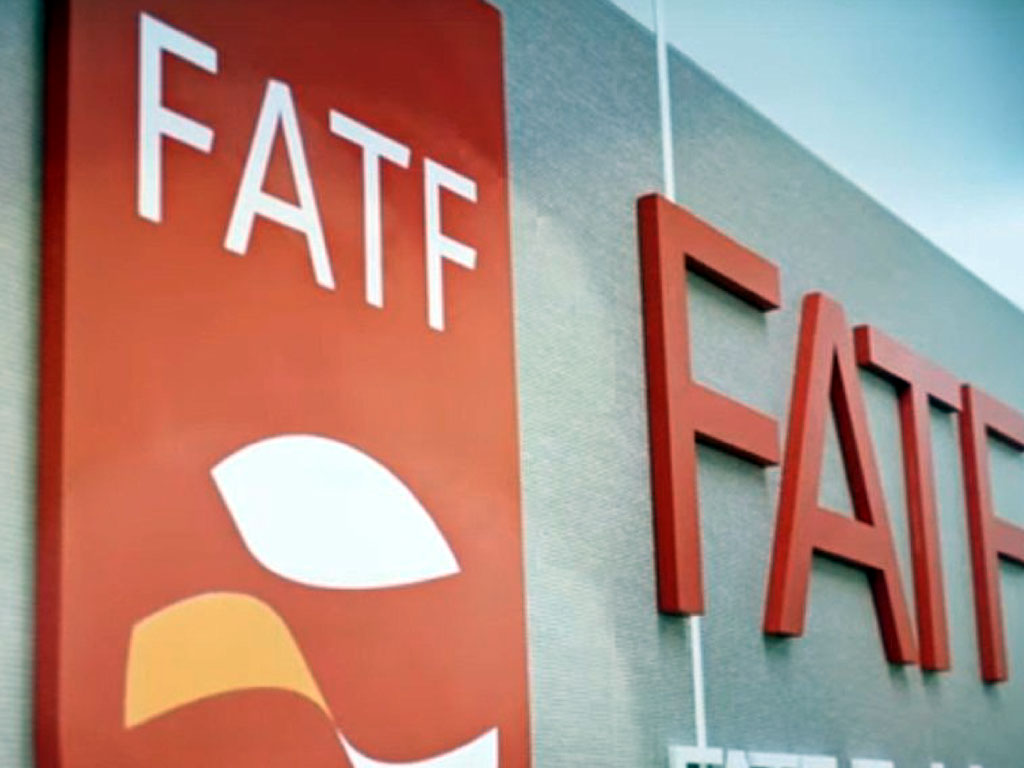The FATF challenge still persists

The Financial Action Task Force's (FATF's) meeting in Orlando on June 16-21 was to take a decision on whether to remove Pakistan from its grey list or downgrade it to its black list on the basis of the assessment report of the Asia Pacific Group (APG). Pakistan had presented its case to the APG in Guangzhou, China, in a meeting on May 15-16, 2019. Reportedly, the APG had said Pakistan's agreed action plan against eight banned terrorist organisations - Jamaat ud Dawa, Falah-i-Insaaniat, Lashkar-e-Tayyaba, Jaish-e-Mohammad, Haqqani Network, the Afghan Taliban, Daesh and al Qaeda - is still falling short of compliance. Of the 27 agreed action plans with specific deadlines, 18 are so far still unsatisfactory. APG (and therefore FATF) demands Pakistan do more in this regard by September 2019 to avoid any adverse outcome in the scheduled FATF meeting in October 2019. However, before we get to that stage, given the APG report, Pakistan needs a vigorous diplomatic offensive to garner at least three of the votes of the 36 countries who are voting members of FATF in order to avoid being relegated to the black list whose consequences for our economic health may prove crippling. The imminent danger of being put on the black list has fortuitously been averted as Turkey, Malaysia and China have announced their support to Pakistan's case. To move out of the grey list, which is an uncomfortable perch but better than being on the black list, Pakistan needs 15 of the 36 votes. When Pakistan was put on the grey list in 2018, only Turkey stood by Pakistan, and even our close friend China for its own considerations did not come out unequivocally on Pakistan's behalf. Despite recent encouraging noises from the UK and the European Union, the fact is that the Indo-US grouping has greater influence in FATF, and non-aligned members prefer to abstain. India, despite Pakistan's objections, continues to be part of FATF's presiding platform in Pakistan's case. Pakistan's genuine concern is that India will press the FATF to relegate Pakistan to the black list and if unsuccessful to keep it on the grey list despite the (ongoing) steps Pakistan has taken and intends to take to meet the standards and criteria of acting against money laundering and terrorist financing (and the possible links between the two). On the fairness and objective criteria, Pakistan's actions in terms of tightening up monitoring of such activities so far point to its sincere efforts to halt what is by now a deeply entrenched set of practices in our banking and financial systems.
Of course the diplomatic offensive suggested above faces difficulties because of the global geopolitical landscape today. The defining issue in that scenario is the rivalry between the US and China, the former global hegemon striving to retain its pre-eminent position and the latter challenging it at least on the economic front. This is a familiar historical pattern when a rising power is perceived to be chipping away in incremental fashion at the hitherto virtually unchallenged hegemony of an existing global power. China's One Belt One Road initiative, of which our CPEC is a part, is aimed at enhancing connectivity regionally and globally to provide a spurt to trade and the economies of all countries touched by such projects. Gwadar port is a particular irritant for the US since it provides in Washington's perception a Chinese toehold at the mouth of the Gulf, through which some 20 percent of the world's oil supplies flow and which has been the scene of rising tensions between the US and its regional Arab allies on the one hand and Iran on the other. It may be recalled that India has developed the Chabahar port in Iran as a possible rival to Gwadar and an alternative route to landlocked Afghanistan's dependence on Pakistan for access to the sea. Washington is still embroiled in the Afghan war although its military strength on the ground is much reduced. Whether the US exits Afghanistan through a peace deal with the Taliban or not, the concern is that Islamabad will come under increased pressure from a Washington annoyed by Pakistan's perceived role in its defeat in Afghanistan. Our IMF package too may depend on Washington's goodwill, given the US's insistence that American tax dollars not be lent to Pakistan to be used to repay Chinese loans. If Washington's strategic plan to align with India against China (and, by extrapolation, Pakistan) is a reality, Pakistan must redouble its diplomatic efforts by spelling out the steps it has taken, and intends to take, to comply with the FATF's requirements and thereby avoid being, in the first instance, relegated to the black list, and beyond that, diligently continue implementation of its steps against money laundering and terrorist financing to reach the desired goal of being removed from even the grey list.




















Comments
Comments are closed.